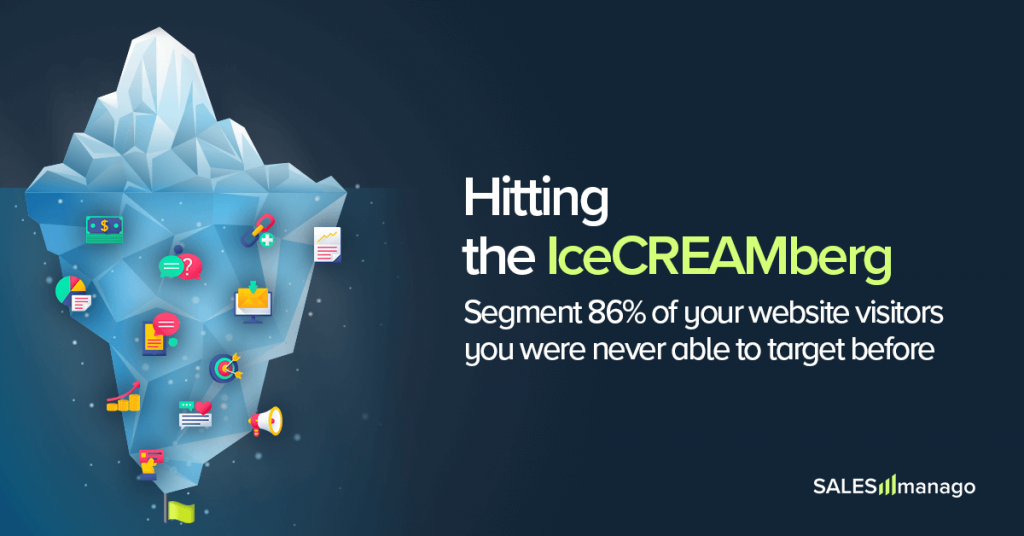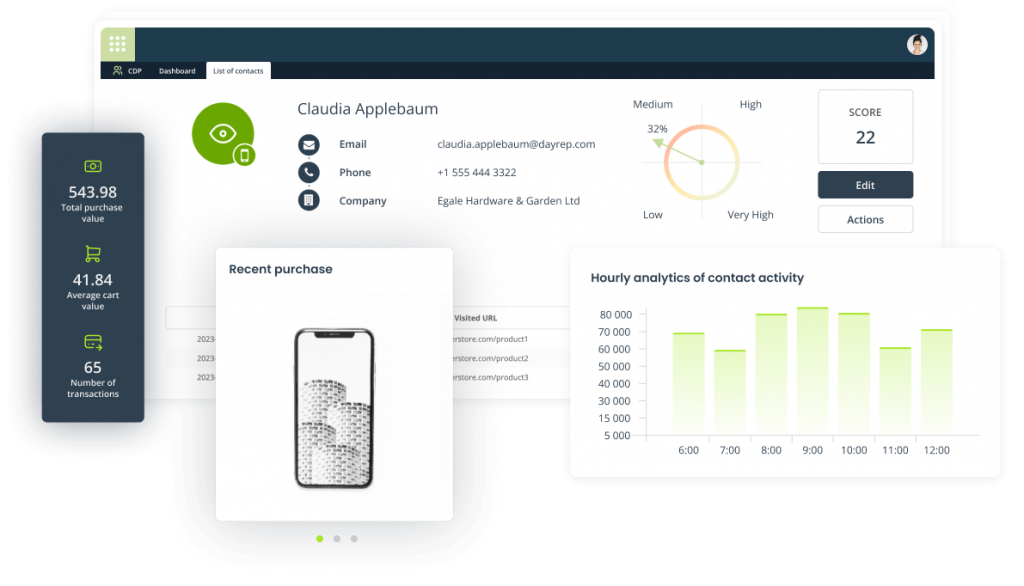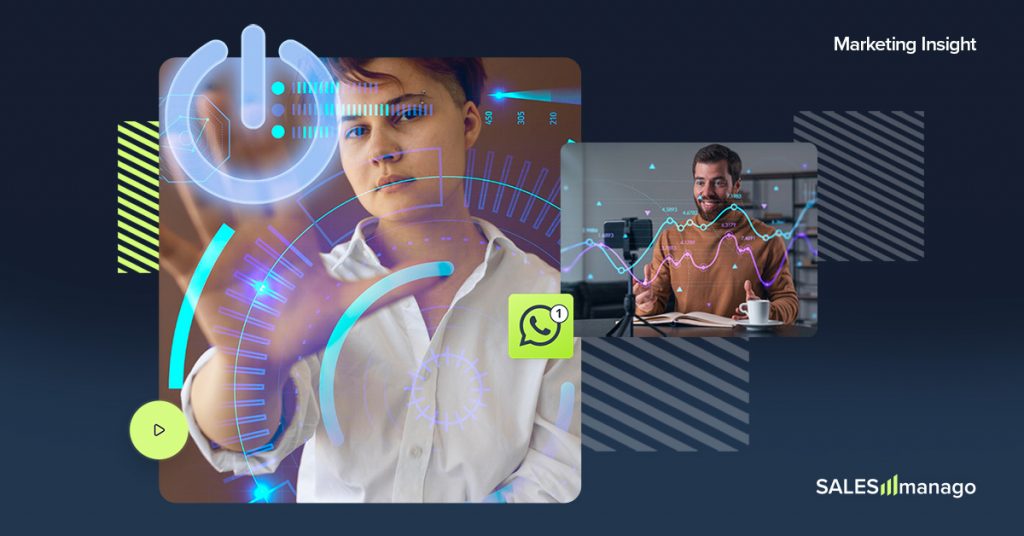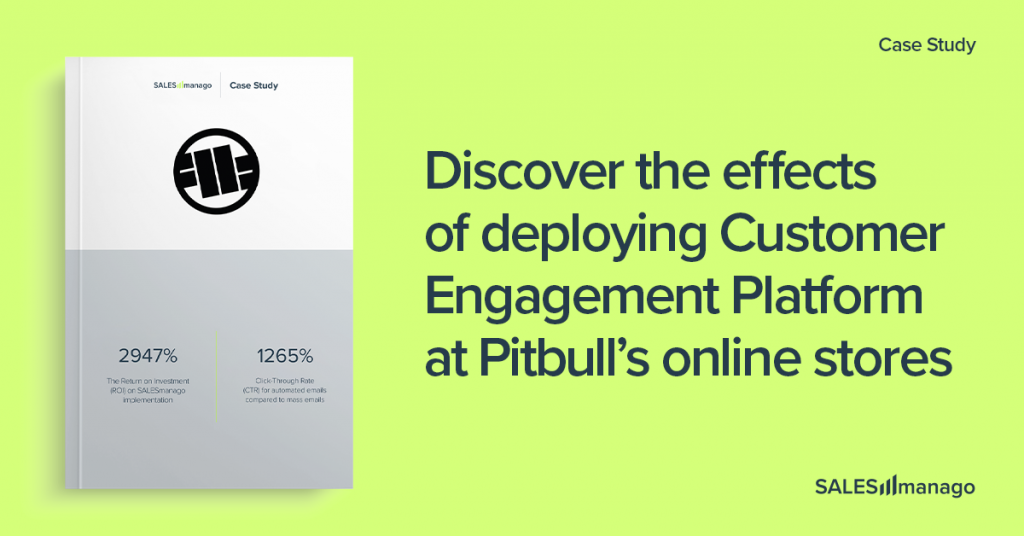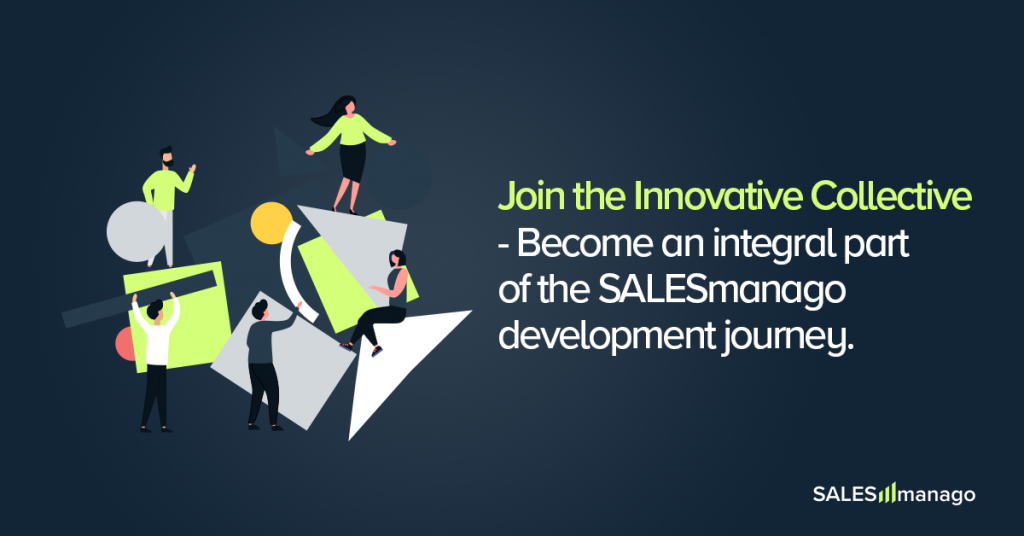When making decisions we use cognitive schemes which are hard to overcome, and we surround ourselves with things that suit our beliefs.

A human factor is a sales factor
People think heuristically, and once we realise it, we can predict their behaviour, and also personalise products precisely for them. Using this knowledge we should create a marketing strategy that satisfies both the client and the producer. Heuristics explain many of our consumer choices, so – knowing this mechanism – we can make a considerable impact on sales.
The human factor is the most important one in sales. We create products or services for people, make campaigns, we want to reach them as they are the users of our products. We need each other – we create something useful for other people, and this is what makes our actions purposeful. A product – in a simplified way – is made of an idea and an impulse, then of knowledge and technology, and at the end, of rational acts and crucial information. But how to reach a potential client with such a product? The answer is easy – through the heart! People use emotions when making decisions, and then they make this decision rational. Both our habits and our brain have an impact on that.

Heuristics and cognitive biases are thinking schemes which we use when making decisions.
In the 1970s , Daniel Kahneman and Amos Tversky published an article about heuristics and cognitive biases (Judgment under Uncertainty: Heuristics and Biases), which was a breakthrough in cognitive psychology research, and they also inspired other scientists – theoretics, economists, psychologists and even marketers.
Heuristics are simplifications our minds employ to help the decision-making process. A typical example of an heuristic is our belief that being killed by a shark is more probable than choking to death. We don’t take objective circumstances as the truth (sharks rarely live close to the shore where we could encounter them, whereas choking is statistically frequent), but we believe in stereotypes (shark=attack) reinforced by spectacular images (blood everywhere and low chances of survival vs. no visual wounds when choking) or hearing about an accident, e.g. in the media (you’ll hear about shark attacks in the news, you won’t hear about choking victims). All this makes us remember not facts, but emotion-based information, and this is what we base our opinions upon.
There are other cognitive biases too: ambiguity effect (attributing positive features to someone after a positive first impression), planning fallacy (underestimating the time and money in planning actions), bandwagon effect (making actions only because other people make them) or confirmation bias (tendency towards choosing and remembering information that makes our decision true).
The last bias is especially interesting and it can be illustrated with an example: we buy a phone of a specific brand because this brand’s products represent a specific lifestyle we want to be a part of. But to explain why we bought it, we say ‘this brand creates excellent software and their products are of great quality’, which is selective use of information, because many companies have more reliable products or equal quality of devices; instead, we ignore objections (eg. it is hard to connect this brand’s products with others or different ways of using these devices). We’ve made our mind up and we are going to keep it.

Psychology at the service of marketing – we buy emotions, not products
All this research shows what a mysterious and fascinating sphere the human psyche is. But what makes it so inspiring for marketers?
Consumers choose products using emotions. When selling products we should really sell the idea, some certain lifestyle, which is interesting for a customer. This way we create desire of cognition.
We are convinced about specific features of people or items – this is an heuristic way of thinking. Successful people look elegant and nonchalant, they eat in modern, spacious restaurants. We want to meet them, be in their world, so we have to obtain the necessary attributes. We make these decisions in a fraction of a second, so following a client’s way of thinking, we can predict if a product becomes ‘accepted’ by customers.
We have cognitive dissonance when an idea is not compatible with a product. In some cases it causes higher interest in a product (e.g. a dainty woman in a dress promoting gym equipment elicits amazement, so then a product can catch an undiscovered group of customers), however, avoiding dissonance is a better choice – it inspires confidence, creates a coherent brand image and confirms expectations.
Solidify your belief about your own efficiency
We need to simplify our actions or else our brains get overloaded. If we made all our decisions consciously, not automatically, we would be inefficient and low-focused. These cognitive ‘shortcuts’ are relevant and help us in everyday life so we can enjoy its pleasure. Let’s create products perfectly suited for our clients to help them fulfil their life visions.





 Follow
Follow

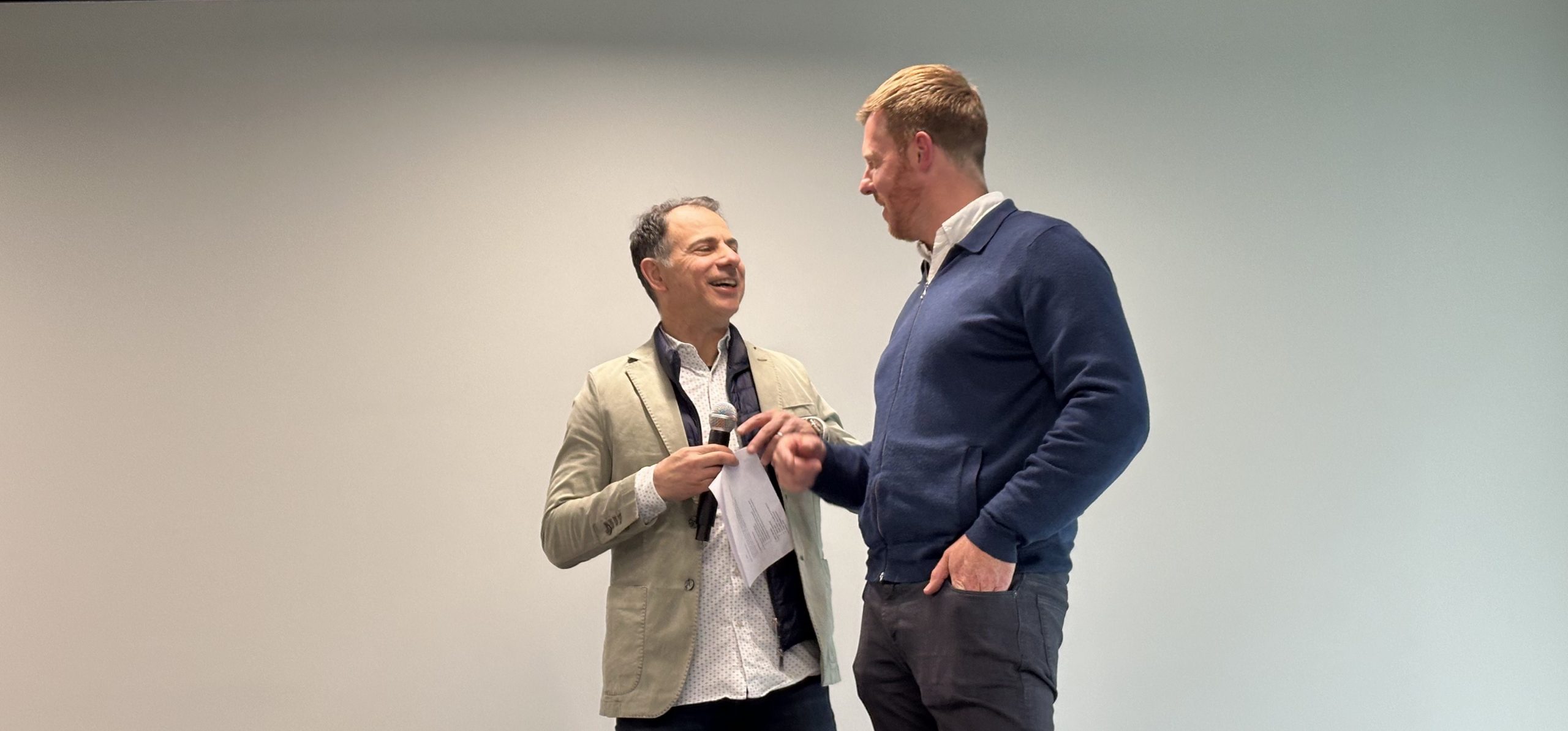
![[New Feature] Shine the light on your hidden visitors with Spotlight](https://blog.salesmanago.com/wp-content/uploads/2024/04/1-9.png)
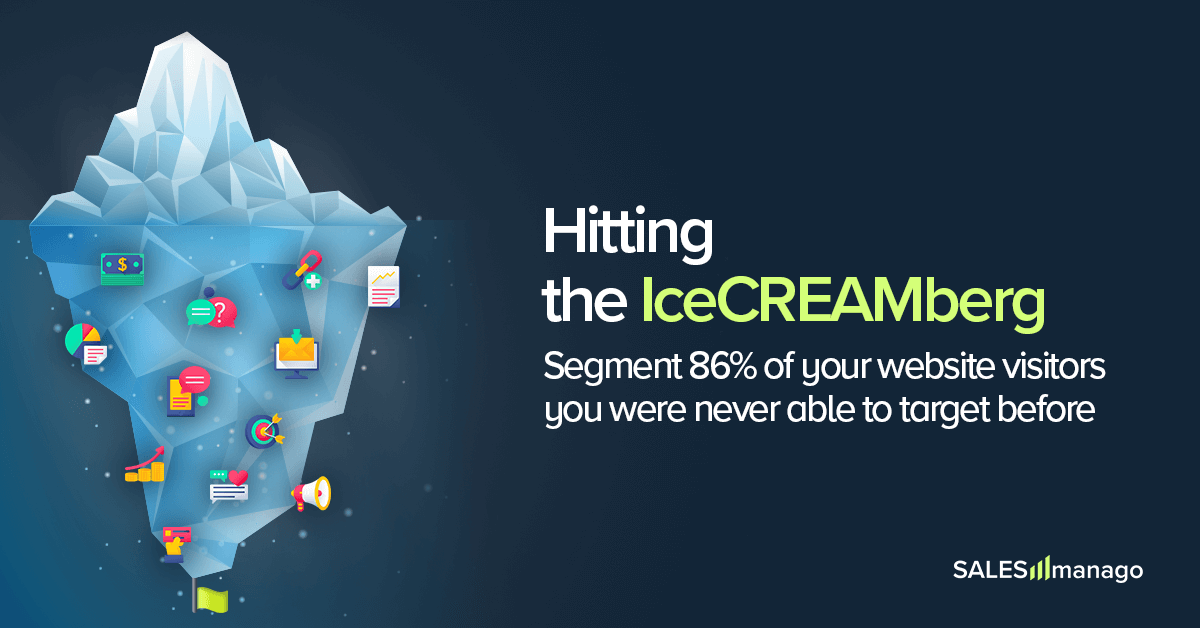
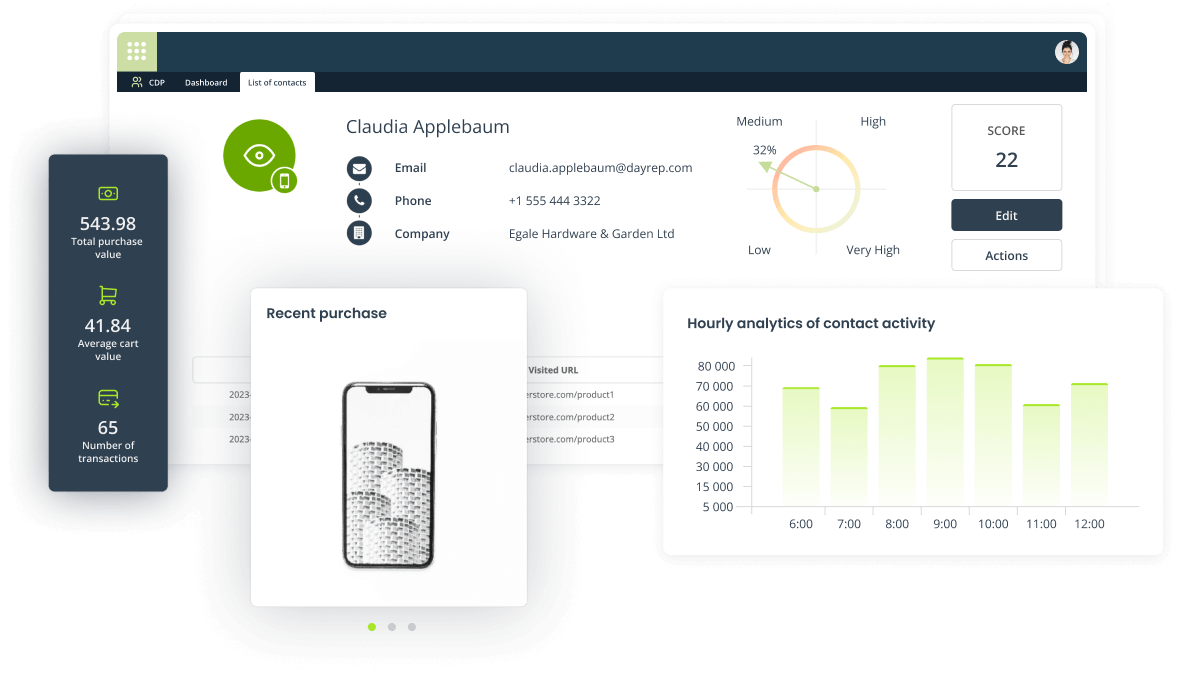
![[New Feature] Unlock Deep Behavioral Personalization with Product Collections](https://blog.salesmanago.com/wp-content/uploads/2024/03/1-3.png)


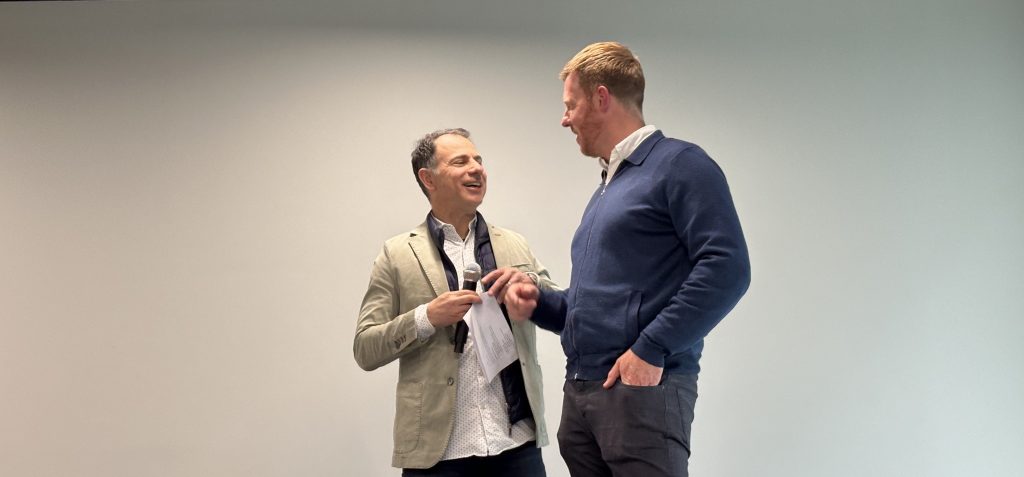
![[New Feature] Shine the light on your hidden visitors with Spotlight](https://blog.salesmanago.com/wp-content/uploads/2024/04/1-9-1024x536.png)
